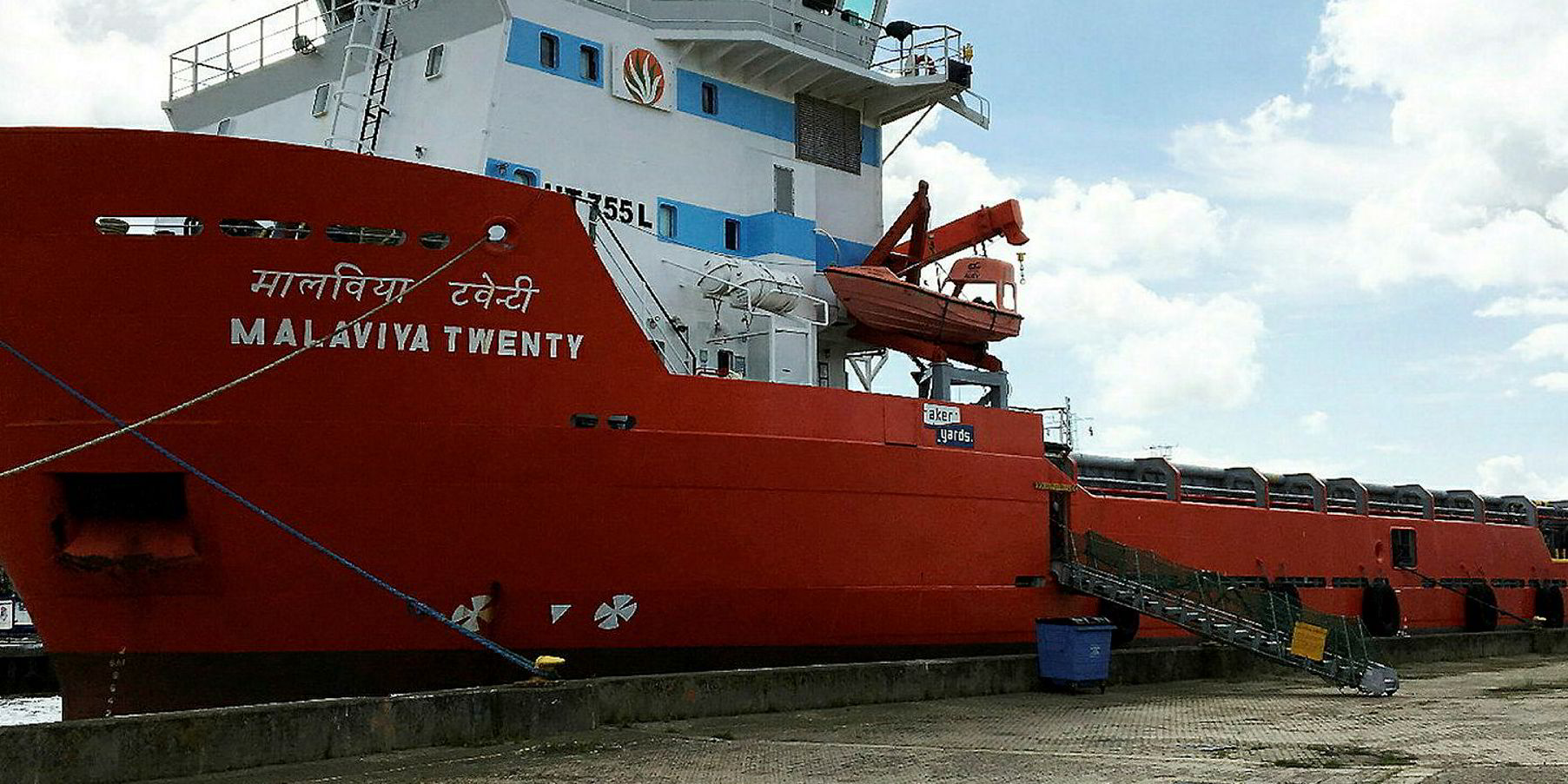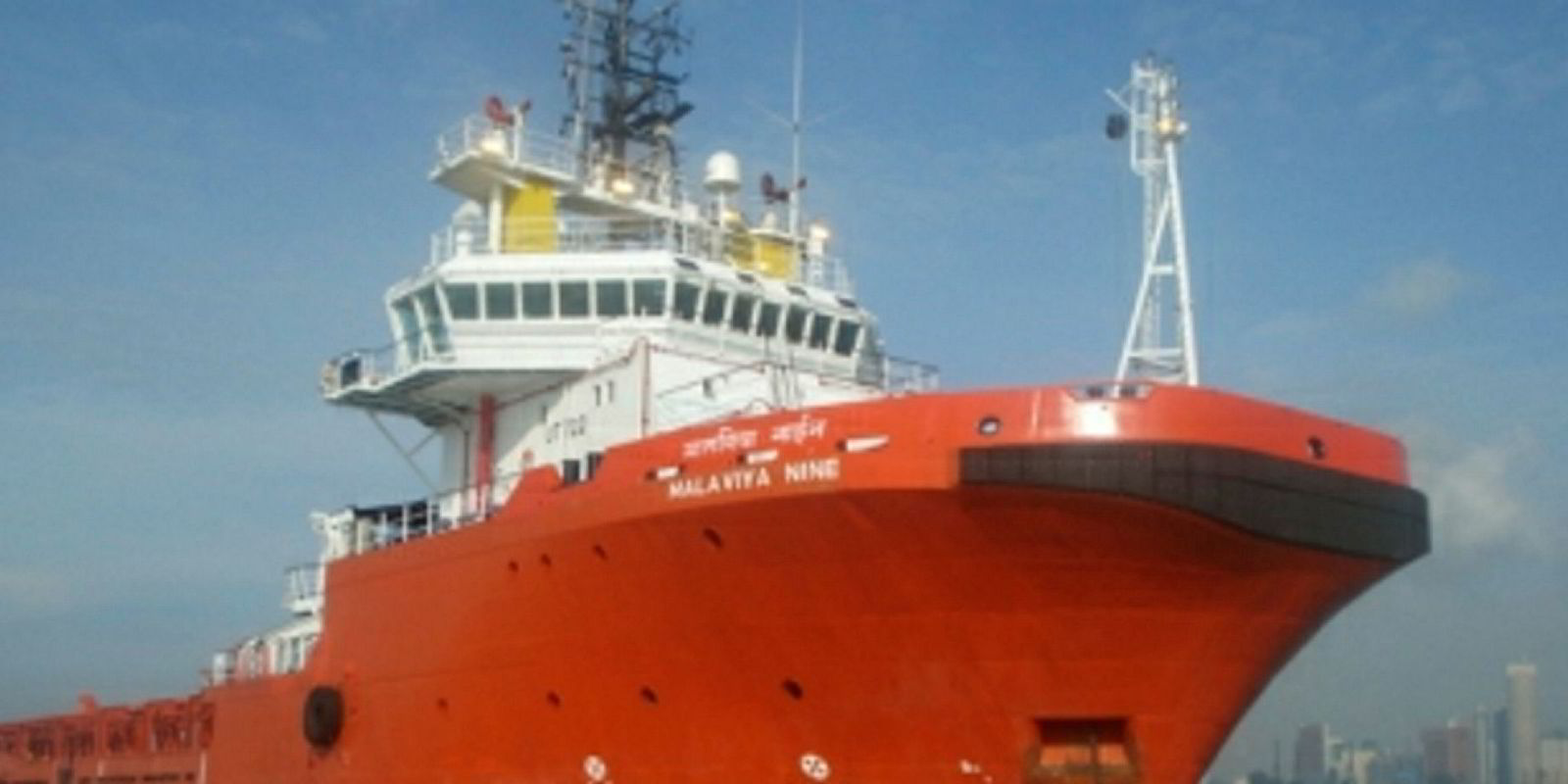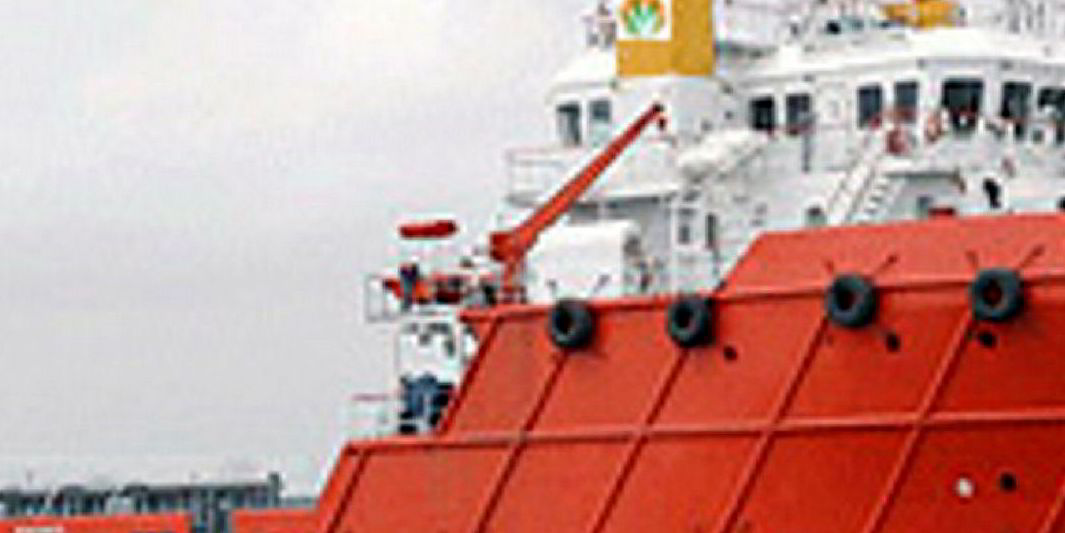Highlighting a 17-month ordeal suffered by his crew at the port of Great Yarmouth, the master of the Malaviya Twenty (built 2004) has called for speedier resolutions to similar abandonment cases.
Captain Nikash Rastogi spoke to TradeWinds shortly after a lawyer last week finally secured a court order to sell the vessel, paving the way for the remaining members of his crew onboard the ship to be paid and return home to India.
Creditors have been battling for control of the 4,500-dwt platform supply vessel since its owners GOL Offshore went into liquidation in February last year.

Rastogi is one of four of the original 20-man crew who remain onboard. A settlement over outstanding wages was agreed in November last year through the ship’s Maritime Labour Convention 2006 protection and indemnity cover, allowing the other crew members to return home.
Outstanding wages
The settlement had been proclaimed as the end of the saga — but that was now some nine months ago and the final four crew members are still waiting to be paid.
Hopes of Rastogi, two able-bodied seamen and an oiler securing some $65,000 in outstanding wages now rest on the sale of the vessel.
Asked why he did not go home earlier, Rastogi said he stayed onboard to make sure the sale of the vessel was administered correctly.
“I don’t mind staying onboard without wages as long as [the] vessel comes under the control of someone reliable,” he said in a phone interview from the ship.
He said an intervention by Peels Port Great Yarmouth to gain control of the sale of the ship prolonged the ordeal.
The authority wanted to apply the 1847 Harbours and Docks Act that would have trebled outstanding port dues, potentially wiping out the proceeds from a sale.
Rastogi said the authority had tried everything to get the remaining crew members to leave the ship so that it could repossess it, including what he describes as “underhand stuff”.
‘Broken promises’
This included promises that the crew would be paid if the vessel was sold, which were later retracted.
In a statement to TradeWinds, Peels Port defended its position. “As to the crew themselves, I can say they have access to Great Yarmouth and are not restricted in their movements by the port.
“I can also confirm that they were supported by the port through the winter last year with the provision of food, fuel and water when they were unable to get funding from any other source.
"They have been sorely used by their employers, who have abandoned them in the UK with no solution to provide for them.
“We take the welfare of mariners using the port very seriously and continue to monitor the situation.”
Rastogi said the ship has only been supplied with fuel for five days at a time and while there were provisions onboard, they had been paid for by the crew. He said: “We are not at a point where we have taken charity.”
Last week, a court hearing granted approval for the arrest and sale of the vessel, with the crew first in the line among creditors to receive their outstanding wages and repatriation costs.
Port support
Rastogi gives credit to Birketts Solicitors legal director Paul Haworth, who had “gone out on a limb” to get the vessel arrested and ensure the crew are paid.
He added the International Transport Workers’ Federation had been “helpful throughout”, while the Seafarer Centre also “played a role in helping us find out anything we needed to know”.
He also gave credit to the UK Border Force, which he said had been “extremely nice”.
He says morale among the remaining crew is high, with the finishing line in sight. Rastogi hopes return home in India in a month.
It has helped that the men are single, he said: “None of us are married yet, so we’ve been able to stay for 16 or 17 months.”
He said that the maritime industry is “unusual” in creating such situations, but he is uncomfortable that the “logical conclusion” to the incident could not have been reached a lot earlier.





